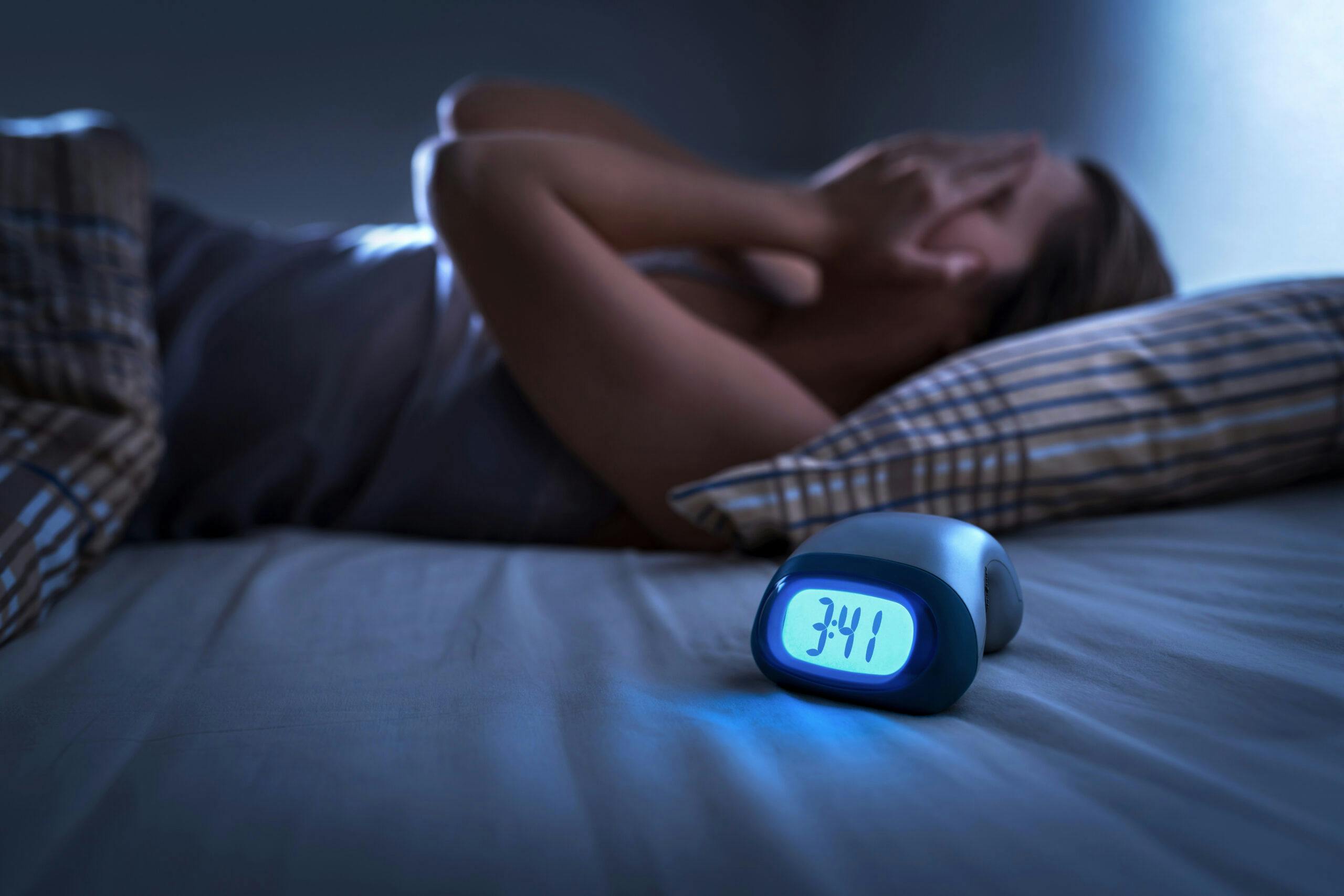LSD Sleep Effects
LSD (d-lysergic acid diethylamide) is a psychedelic drug often called “acid” on the street. It’s a synthetic drug derived from the lysergic acid found inside a fungus that grows on certain grains. Those who take it use it for its ability to induce hallucinations and sensations like synesthesia, but LSD can also lead to negative sleep-related side effects.
Are you or a loved one facing an addiction? Get in touch with the caring team at Zinnia Health by calling our 24/7 helpline at (855) 430-9439.

Why Does LSD Affect Your Sleep?
LSD’s effects are commonly described as psychotropic because it changes the way you perceive the world around you. People describe the effects of LSD as a “trip,” which may involve auditory and visual hallucinations along with feeling sensations that aren’t real. Unfortunately, because of the way LSD affects brain chemistry, it can impact sleep.
Hallucinogens like LSD disrupt the communication that naturally takes place via neurotransmitters in the brain and spinal cord. This causes hallucinations, but the chemical disruptions can also impact other parts of the brain.
By interacting with proteins on the surface of the brain, LSD changes the amount of serotonin present. Since serotonin is a vital chemical in managing relaxation and the sleep/wake cycle, those who use LSD will experience changes in their sleep patterns.
At first, this may seem like a minor side effect of the drug, but it can contribute to both short-term and long-term side effects on mental and physical health.
Sleeping problems are just one sign of substance use disorder. If you’re looking for more information on addiction and recovery, Zinnia Health can help. Call us at (855) 430-9439 for more information.
What Sleeping Problems Can LSD Cause?
With just one dose of LSD, individuals will experience short-term side effects that can change how they sleep. With chronic use of LSD, changes in brain chemistry can completely alter sleeping habits, leading to long-term problems.
While the topic of neuroscience is extremely complex, we do know that serotonin is a vital chemical for managing sleep. Any drug that disrupts its levels will impact a person’s:
- Sleep patterns
- Sleep architecture
- Daytime alertness
Sleep architecture determines how long a person spends in the different stages of sleep. With a typical sleep architecture, a person will enter the stages of deep REM sleep, which is characterized by rapid eye movement, after about 90 minutes of sleep.
The body naturally moves in and out of REM sleep throughout the night, with each phase getting slightly longer. The first phase is about 10 minutes. During a full night’s sleep, later phases may last up to one hour.
Spending enough time in REM sleep is essential to waking up well-rested. However, most drugs are known to shorten the amount of time a person spends in REM. For instance, benzodiazepines and alcohol both reduce REM sleep.
What’s more, opioids can block a person’s ability to enter REM sleep altogether. With that in mind, LSD is unique because it actually lengthens the amount of time a person spends in REM sleep.
Neuroscience and Therapeutics notes that even a low dose of LSD can more than double how long the REM period of sleep lasts. At first thought, this might sound like a positive, restorative experience.
However, when too much time is spent in REM sleep, it can cause negative experiences, such as:
- Nightmares
- Hallucinations
- Feelings of fear and paranoia
These experiences can happen while asleep and when you awake.
Are Sleeping Problems Caused by LSD Dangerous?
Because LSD disinhibits REM sleep, allowing the body to spend more time in the REM phase of sleep, an individual might experience unpleasant side effects at night and during the day. One of the primary dangers of LSD is known as a “bad trip,” which can induce paranoia, fear, dread, and even PTSD (post-traumatic stress disorder).
Even if you haven’t experienced a bad trip, taking LSD puts you at risk of nightmares, flashbacks, and other negative experiences that can build upon one another. If you are experiencing any mental health condition, like PTSD, anxiety, or panic disorders, taking LSD can increase the associated symptoms.
In psychiatry, it’s well-known that the mind and body are intricately connected. This means that having a nightmare doesn’t just impact your brain and mental well-being. It can also impact your physical well-being.
In fact, this is true for all of the negative side effects of LSD, like bad trips. When your mind experiences these sensations, your body responds with a faster heart rate, higher blood pressure, and even increased body temperature.
Due to the connectivity within your brain, routine drug use — especially of a hallucinogen like LSD, psilocybin, or mescaline — is dangerous for your physical and mental well-being. In the worst case, LSD can induce symptoms similar to psychosis and contribute to developing conditions like schizophrenia.
For all these reasons, if you or a family member are currently experimenting with LSD, it’s important to seek help from a professional. Recovering from LSD use often requires behavioral therapy to minimize the risk of long-term psychological side effects from using the drug.
How Zinnia Health Can Help
Hallucinogens like LSD are touted for “mind-opening” experiences. The reality is that drug abuse is dangerous, and experimenting with a hallucinogen like LSD can lead to lasting side effects that impact your sleep and quality of life. If you’d like help stopping LSD, the first step is learning about your options.
Addiction treatment requires personalized, confidential care. If you have questions, Zinnia Health can walk you through your choices. Just reach out to our team at (855) 430-9439 for help taking the next step on your path to recovery.
Related Articles
- LSD Use Disorder Treatment
- What Are the Side Effects of LSD Abuse?
- LSD Overdose: What You Need to Know

